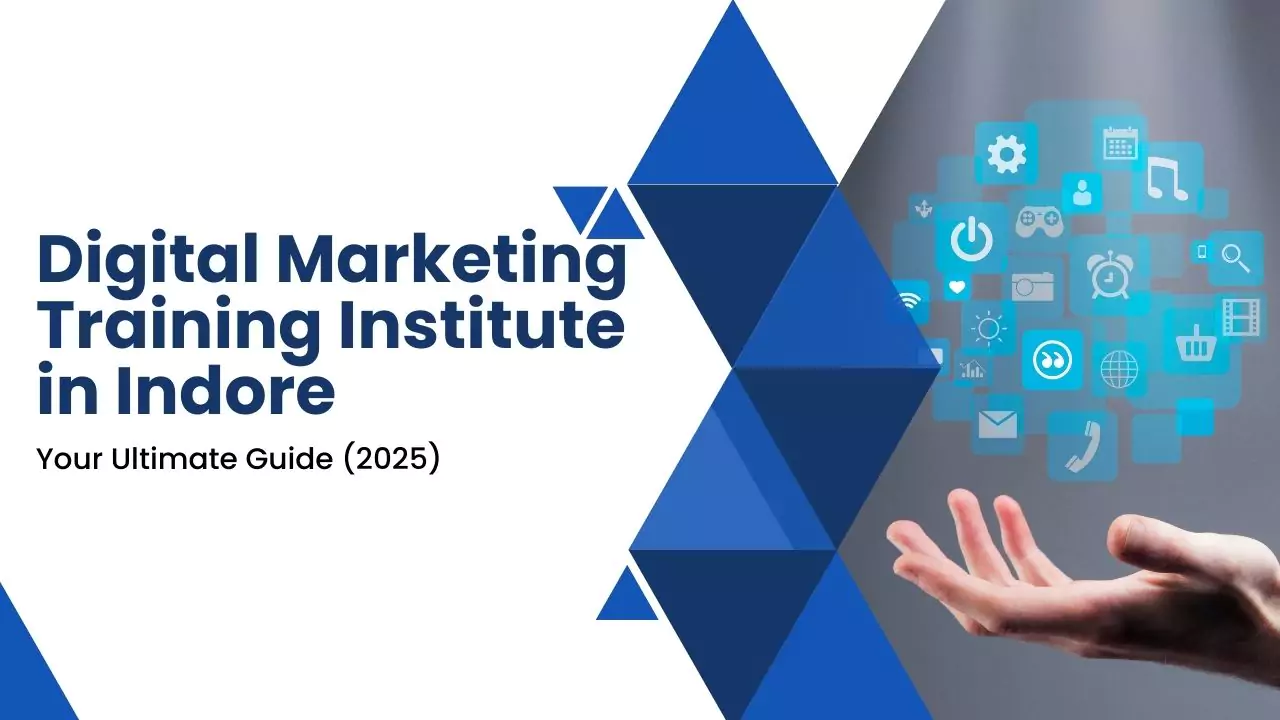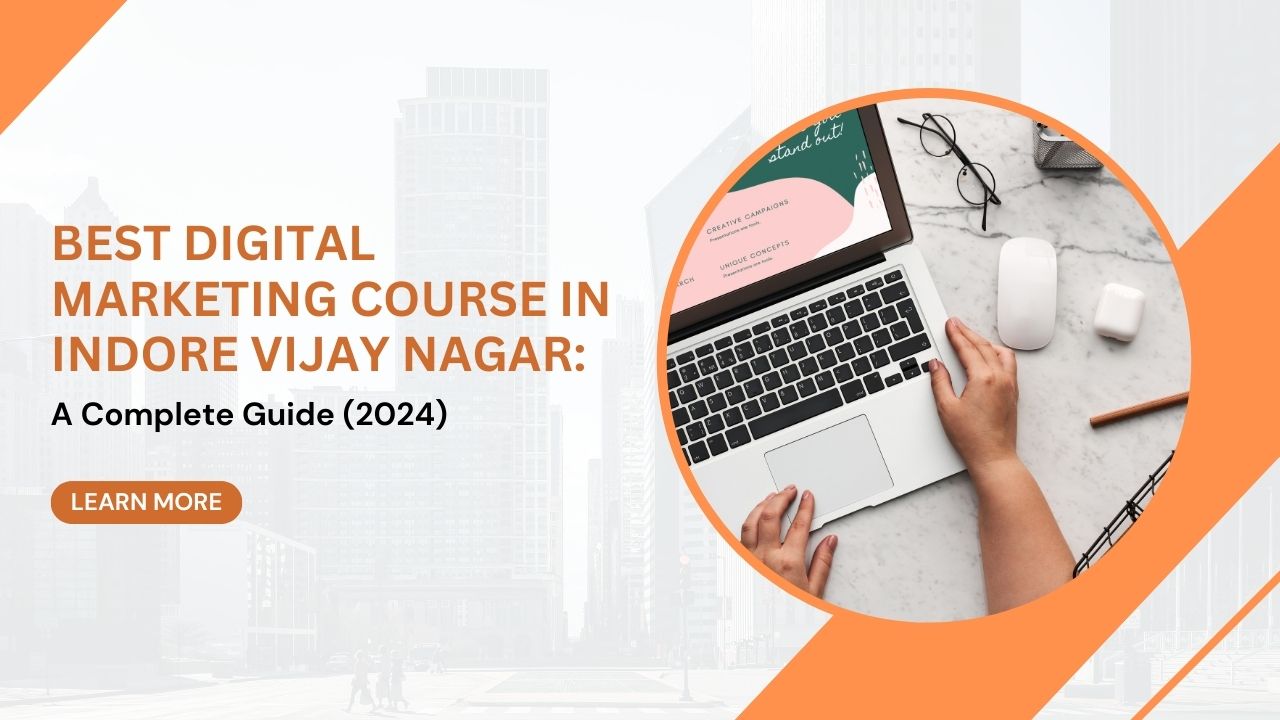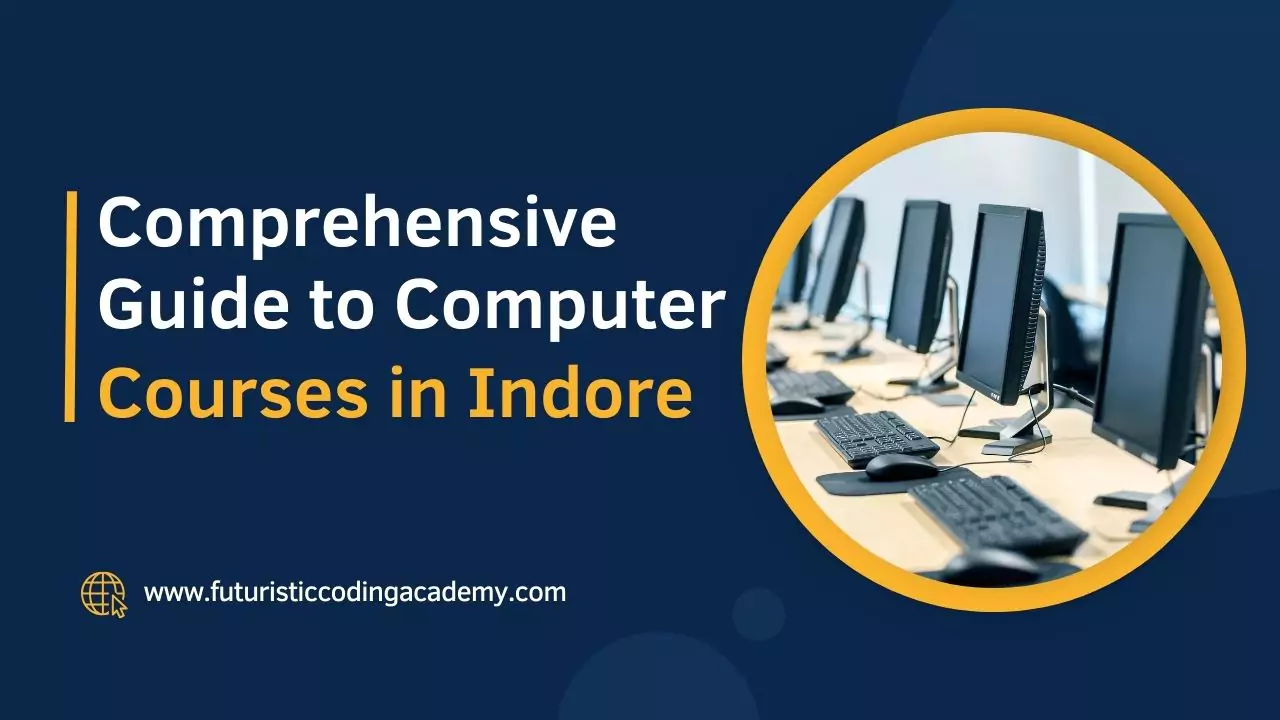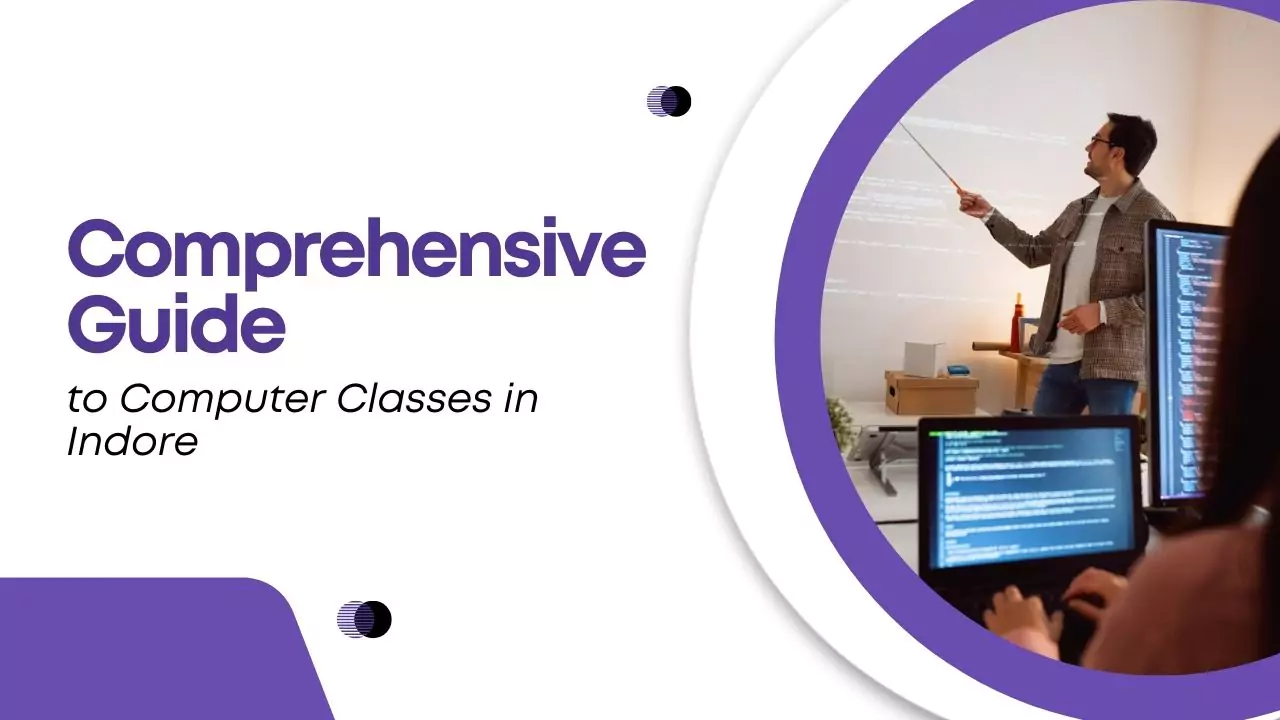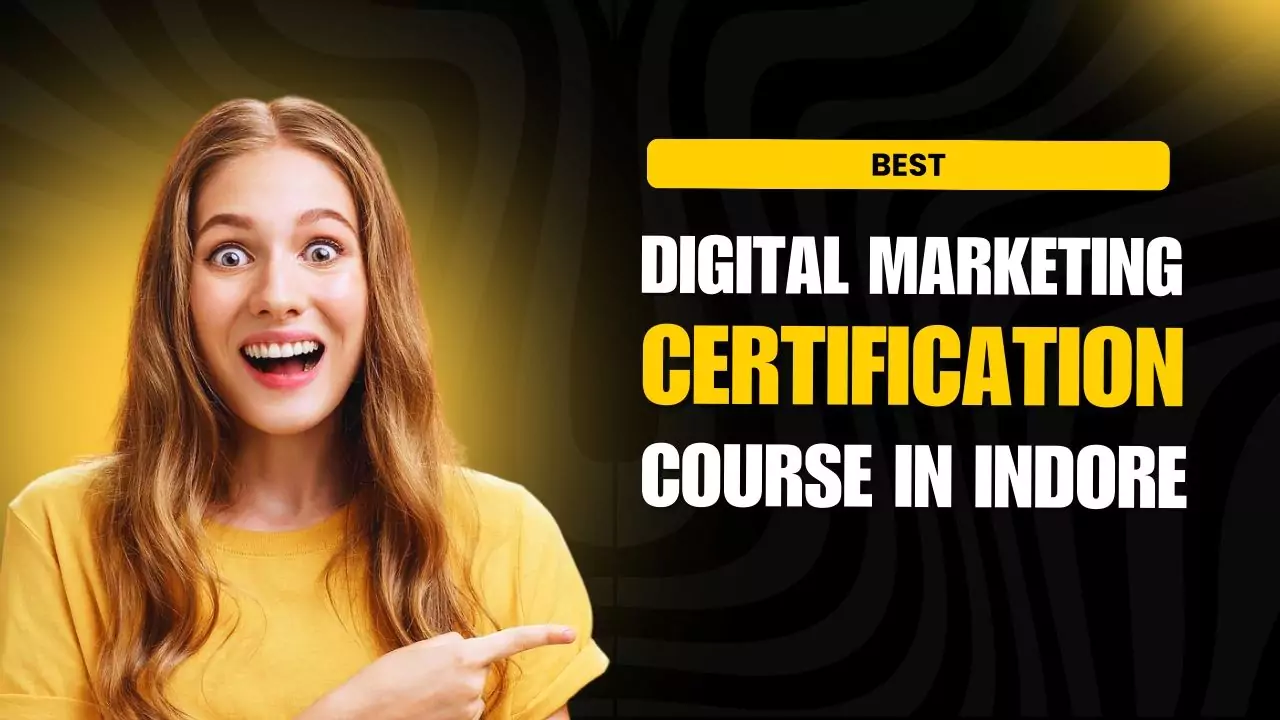PHP remains one of the most versatile and widely-used programming languages for web development. Becoming a Full Stack PHP Developer opens the door to numerous opportunities in the tech world. This comprehensive guide will help you navigate the skills, career path, and opportunities you need to become a successful PHP developer.
Why Choose PHP for Full Stack Development?
PHP is a powerful server-side scripting language known for its simplicity and compatibility with various databases like MySQL and Oracle. According to W3Techs, PHP powers nearly 78% of all websites using server-side programming languages, making it a go-to choice for aspiring full stack developers. Its ease of integration with other technologies and flexibility makes PHP a popular option for building dynamic and interactive websites.

Core Skills Required for a Full Stack PHP Developer
To master full stack PHP development, you need a well-rounded skill set covering both front-end and back-end technologies.
Front-End Technologies: HTML, CSS, JavaScript
A good Full Stack PHP Developer should be proficient in front-end languages like HTML, CSS, and JavaScript. These skills help create user-friendly interfaces and seamless user experiences.
- HTML & CSS: These are the building blocks for designing the layout and styling of web pages.
- JavaScript: This language adds interactivity to your websites, allowing dynamic content updates without reloading the page.
Back-End Development with PHP
PHP handles the server-side logic of web applications, enabling communication between the database and the front end. Popular PHP frameworks like Laravel and CodeIgniter further enhance PHP’s capabilities for building complex applications.
- PHP Frameworks: Frameworks like Laravel offer MVC (Model-View-Controller) architecture, promoting clean and efficient coding practices. Learn more about Laravel and how it streamlines back-end development.
Database Management with MySQL
Managing data effectively is crucial for full stack development. MySQL, a widely used open-source database, is often paired with PHP for building dynamic websites. Skills in creating, managing, and querying databases are essential for any full stack developer.
- SQL Mastery: Learn how to write queries for CRUD (Create, Read, Update, Delete) operations in MySQL to handle data on your websites.
Version Control and Other Essential Tools
A solid understanding of version control systems like Git is essential for tracking changes and collaborating on projects. Tools like GitHub are invaluable for managing codebases in full stack development.

Benefits of Becoming a Full Stack PHP Developer
High Demand and Competitive Salaries
Full stack PHP developers are in high demand. According to Glassdoor, the average salary for a full stack PHP developer in India is around ₹4-10 lakhs per annum, depending on experience and expertise. This demand is fueled by the ability of full stack developers to manage both front-end and back-end development, reducing the need for specialized roles.
Career Flexibility and Growth
As a full stack developer, you can work on a wide range of projects, from small websites to large-scale web applications. This versatility enables career growth into roles such as senior developer, tech lead, or even CTO in technology companies.
Learning Path: Curriculum for Full Stack PHP Development
A structured learning path is key to mastering full stack PHP development. Here’s a breakdown of the essential topics:
Introduction to PHP and Setting Up the Environment
- Install PHP, MySQL, and a local server (e.g., XAMPP) to create a development environment. This step is crucial to begin building and testing your PHP applications.
Front-End Development with HTML, CSS, and JavaScript
- Start by creating static web pages using HTML and CSS.
- Enhance user interactivity with JavaScript. Implement responsive design techniques to ensure your website looks great on any device.
Working with Forms and Data Handling in PHP
- Learn how to create and process HTML forms using PHP to capture user input. This knowledge is essential for building dynamic, data-driven websites.
File Handling and Uploading in PHP
- Explore methods for handling files in PHP, such as uploading images or documents, a critical skill for modern web applications.
Database Management with MySQL and PHP Integration
- Understand how to connect PHP with MySQL to store, retrieve, and manage data. Practice building CRUD applications using PHP and SQL to solidify your knowledge.
Advanced PHP: OOP, MVC, and Frameworks
- Learn Object-Oriented Programming (OOP) concepts in PHP to write reusable and modular code.
- Dive into popular PHP frameworks like Laravel, which follows the MVC (Model-View-Controller) architecture, promoting best practices in software development.
Building a Complete Full Stack PHP Project
- Put your skills to the test by building a simple CRUD (Create, Read, Update, Delete) application. This hands-on experience is crucial for understanding the entire development process.

Career Path and Job Opportunities
Entry-Level to Senior Roles
As a beginner, you can start as a junior PHP developer, working your way up to more senior roles like Full Stack Developer, Lead Developer, or even CTO. Your career path depends on your expertise, project experience, and continuous learning.
Salary Expectations for PHP Full Stack Developers in India
The starting salary for a PHP full stack developer in India can range from ₹4 lakhs per annum, while experienced professionals can command up to ₹10 lakhs or more. Upskilling and working on diverse projects can significantly increase your earning potential.
Best Practices for Successful Full Stack PHP Development
Staying Updated with PHP and Web Technologies
The world of web development is constantly evolving. Keep up with the latest trends and updates in PHP, frameworks, and front-end technologies to stay relevant and effective in your career.
Building a Strong Portfolio
Create a portfolio showcasing your projects and skills. Include live projects, GitHub repositories, and any freelance work to demonstrate your experience and expertise to potential employers.
FAQs
What Does a Full Stack PHP Developer Do?
A full stack PHP developer manages both the front-end and back-end aspects of web development, from designing user interfaces to handling server-side logic and database management.
Is PHP Still Relevant for Full Stack Development?
Yes, PHP remains a popular and powerful tool for full stack development, especially for building dynamic websites and applications.
Conclusion
Becoming a Full Stack PHP Developer opens a world of opportunities in the web development field. By mastering the necessary skills, building a strong portfolio, and staying updated with the latest trends, you can carve out a successful and rewarding career.
Ready to kickstart your journey? Explore our Full Stack PHP Developer course at Futuristic Coding Academy to gain hands-on experience and expert guidance!


